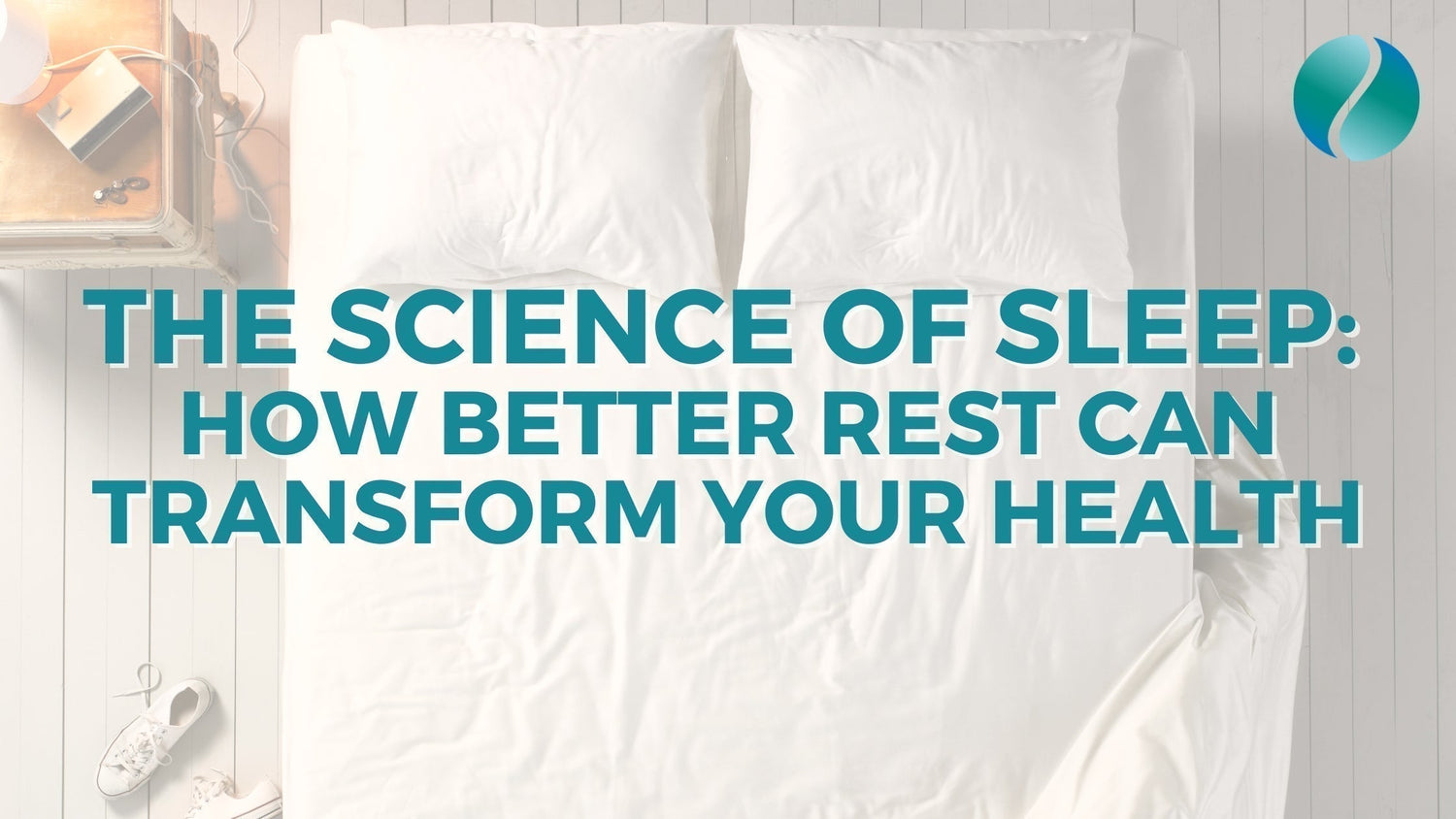We have been running another of your Rejuv Wellness retreats at Chewton Glen in the UK, and one common theme that all clients needed help with was their gut-brain connection. All clients presented with an array of symptoms, including poor cognition, memory issues, depression, and insomnia, and many, including Millie Mackintosh, had also been struggling with anxiety. In addition to this, all had IBS-related gut issues such as bloating, constipation, heartburn, obesity, and diarrhoea.
The gut-brain connection and function of the gut are very much shrouded in mystery. There’s still much to uncover about the gut and all it affects. Science and research have confirmed a few things you can do to improve your gut-brain connection.
The gut-brain connection refers to the bidirectional communication between the gut and the brain. Here are some scientific findings around this connection:
- Gut microbes can affect brain function: Studies have shown that the gut microbiome can influence the brain and behaviour. For example, gut bacteria can produce neurotransmitters like serotonin and dopamine that affect mood and emotions. Imbalances in the gut microbiome have been linked to conditions such as depression, anxiety, and autism.
- The gut-brain axis can influence metabolism: The gut and the brain are connected through the vagus nerve, which regulates metabolism. Research has shown that the gut microbiome can affect energy balance and glucose metabolism and contribute to obesity and metabolic disorders.
- The gut can influence immune function: The gut is home to many immune cells, and gut microbes can interact with these cells to influence immune function. Research has shown that changes in the gut microbiome can lead to altered immune responses and autoimmune diseases.
- Stress can affect gut function: Stress and emotions can affect gut function. Chronic stress has been linked to changes in the gut microbiome and gastrointestinal disorders such as irritable bowel syndrome (IBS).
- The gut-brain connection may play a role in neurodegenerative diseases: Recent studies suggest that the gut-brain axis may be involved in developing and progressing neurodegenerative diseases such as Parkinson’s and Alzheimer’s. Dysregulation of the gut microbiome may contribute to the accumulation of abnormal brain proteins characteristic of these diseases.
10 Natural Ways To Improve Gut-Brain Connection
What practical steps can you take to improve your overall health by naturally strengthening your gut-brain connection? I’m glad you asked…

1. Eat More Pre- & Probiotics
Probiotic-rich foods, like kefir, kimchi and sauerkraut, boost good bacteria in your gut and help boost your mood. Probiotics are good bacteria that primarily line your gut and are responsible for nutrient absorption and supporting your immune system.
Prebiotics are found in fibre-rich foods like vegetables, flaxseeds, chia seeds and psyllium husks.
If you have IBS and other gut issues, you may need to supplement for 1-3 months to restore this balance. For a targeted probiotic approach, try our Gut Repair Capsules. To boost your prebiotics, and good bacteria and heal your gut, try our Digestive Complex Powder (these will also help stop food cravings which are very common when your good bacteria are too low).
2. Reduce Food Triggers
Limiting gluten and cow dairy is another way to affect your gut microbiomes positively. This is because to heal your gut, like most issues, you need to:
- Remove the trigger causing the issue.
- Rebuild the good bacteria.
- Restore a healthy equilibrium in the microbiome, enabling a rest of the gut-brain axis.
So why are gluten & cow dairy causing so many issues these days? Mass production, removal of soaking grains to make them more digestible, and genetically modifying food far removed from the way nature intended. Spelt, for example, has a naturally low level of gluten compared to wheat, which is why spelt tends to be less triggering to many with IBS.
3. Boost Healthy Fats
Healthy fats are essential for brain development, brain function and support the myelin sheath around your nerves, supporting cognition. Extra virgin olive oil, coconut oil, fish oil and nut oils are high in essential fatty acids and antioxidants that protect your cells from damage. It also helps improve memory and cognitive function and works as an anti-inflammatory.
Avocado is brilliant for your heart, hair, skin, nails, brain & mood. I suggest having 2 tbsp of good fats daily, but if you find eating fish or taking fish oil hard, try our Rejuv Krill Oil Capsules with no fishy aftertaste.
4. Get Your GABA On
Gamma-aminobutyric acid (GABA) is a neurotransmitter that plays a crucial role in the central nervous system by inhibiting the activity of neurons. The brain’s main inhibitory neurotransmitter regulates anxiety, sleep, and muscle tone. GABA helps in regulating mood, memory, and pain perception. To support healthy GABA levels, you need to get your circadian rhythms in balance with optimum sleep-wake cycles.
To boost GABA each morning, I love a nootropic and ayurvedic herb that has been used for centuries, called Bacopa Monnieri. This herb has been linked to boosting mood and reducing anxiety. I also love L-Theanine, L-Tyrosine, N-Acetyl L-Carnitine, Ashwagandha and Rosemary to boost GABA and the gut-brain axis, with all ingredients being star players in our Rejuv Brain Support Capsules.
If you need support, I recommend Valerian which helps modulate GABA through multiple GABA receptor subunits, lemon balm and chamomile, all found in our Bedtime Blend Capsules.
5. Cut The Chemicals
Choosing a diet with whole foods (i.e. they look like they did in nature by the time they reach your plate) will support a healthy mind-body balance. Highly processed foods such as white bread, chips, regular chocolate bars, ice cream, junk foods, and cakes are high GI and laden with chemicals, E numbers, pesticides, hormones, etc.
These foods feed the bad bacteria in your gut, causing issues like IBS and leaky gut syndrome and causing huge food addictions and eating disorders. The chemicals also create brain fog and mood disorders, so try to eat whole food and read food labels to look out for nasty additives.
Many companies have also jumped on the ‘Free From’ wave, and they might be gluten-free but filled with lots of junk fillers like palm oil, sugar, E numbers, corn starch etc. The same with reduced sugar items with nasty cancer-causing sweeteners such as saccharin.
6. Eat More Mushrooms
Medicinal mushrooms like shiitake contain high levels of vitamin B6, which impacts the production of serotonin and neurotransmitters. Healthy B6 levels are associated with a positive mood, naturally reducing stress and helping treat mood disorders like depression.
Many find sourcing organic medicinal mushrooms difficult. To fast-track this, you can take two of our Mushroom Complex Capsules as remarkable support for mind-body balance and your immune system.
7. Make Sure You Move It, Move It!
Your mood and brain chemicals will thrive by moving your body in a way you love most days. Mix it up and avoid the types of exercise you don’t enjoy, which will add stress.
The goal is for you to feel joy and uplift after the exercise. Thirty minutes most days will be great for your mind-body balance and increase blood flow and digestion, helping goodness get to your cells and remove toxins. Being mindful of your breathing is also great, not only to reduce stress but also to reduce your toxic load, supporting mind-body balance.
A great breathing method to start with is box breathing.
8. Go Nuts & Seeds For The Gut-Brain Connection
Research shows many nuts, such as almonds, cashews, pecans, walnuts and Brazil nuts, are high in serotonin, the feel-good chemical that gets depleted when we feel flat, low, depressed and anxious.
Seeds such as sesame seeds are also high in tyrosine, an amino acid that boosts the brain’s dopamine levels, supporting mood and emotional resilience. Do not let the mind and body work solo, so by eating nuts, you support your brain chemicals and all the 11 systems of the body.
9. Maintain Your Body Balance
Sleep is one of our essential 7 Pillars of Wellness, and something as simple as getting to bed at least one hour before midnight is a total game changer!
Wearing blue blockers like we have all of your clients on our retreat and wearing them three hours before you want to sleep is critical. If you have trouble getting to or staying asleep (like I used to), then we have our new Stress & Sleep Support Capsules.
Inspired by the journeys of my husband Dirk and Millie Mackintosh, I want to stay on the natural route to support and calm their minds during the day if anxiety bubbles up or help deep healing sleep at night.
10. Get Grounded
The earth is filled with negative ions, and your mind and body thrive on negative ions. Our world, from homes to offices, is filled with positive ions from Wi-Fi and electrical circuits.
Not having a break from Wi-Fi and allowing yourself to marinate in positive ions is detrimental to your health, especially for your brain, hormones, digestion and immune system.
I recommend turning Wi-Fi off at night and getting your bare feet on the earth for at least 20 minutes daily. If that is not possible, praying, meditating, and visualising will also greatly impact your health.
This will reset your electrical circuits, as the human body is electrical before it is chemical, and without an electrical charge in our heart we are dead.
Gardening, time in nature, and ocean/river swims will all help you get grounded.
A Positive Lifestyle For Your Gut-Brain Connection
As you can see, supporting a healthy gut-brain axis is achievable through diet and lifestyle.
- The microbes in the gut play a significant role in human body function. They are responsible for everyday functions, including digestion and nutrient absorption, and gut health significantly impacts mental health. This is known as the gut-brain connection.
- Research shows a connection between gut microbiota and mental health disorders like depression and chronic anxiety or stress.
- The key is to improve gut health, which will reduce systemic inflammation and improve mental health thanks to the gut-brain connection.
Even if you start with one tip per week and implement them over 10 weeks, you will have a huge shift in your mental and physical health.
Learn more about gut health and nutrient dense diets that support a healthy lifestyle with our Foundations Program>>





